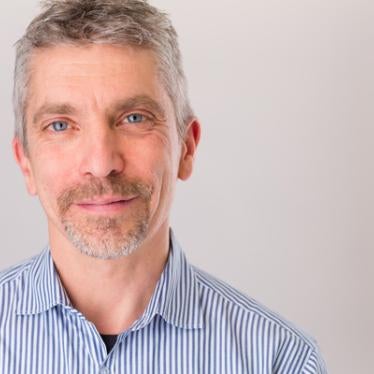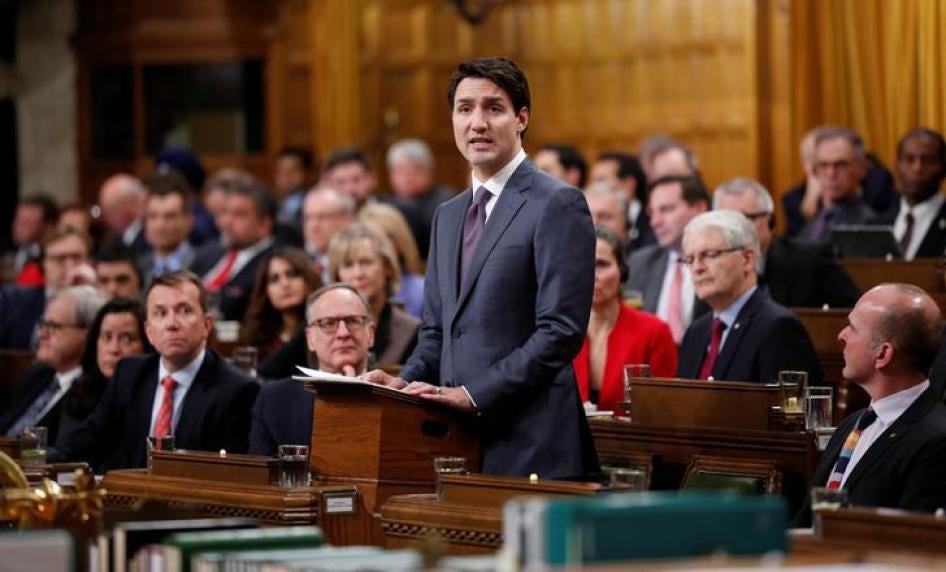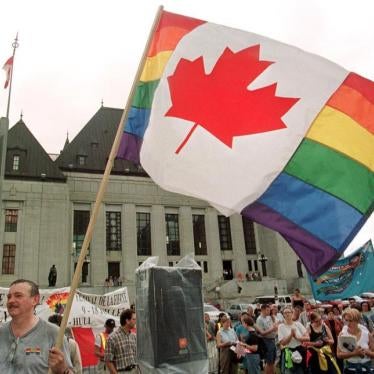With “shame, sorrow, and deep regret,” a tearful Prime Minister Justin Trudeau apologized for the “systematic oppression, criminalization and violence” that the Canadian government meted out to lesbian, gay, bisexual, transgender, queer, and two-spirit citizens. Thunderous applause and a sustained standing ovation greeted his frank acknowledgement: “We were wrong. We apologize. I am sorry. We are sorry.”
A fund of over 100 million Canadian dollars will be available to compensate government employees whose careers were curtailed or ended in a sustained purge of sexual and gender minorities. Legislation is pending that will allow for expunging criminal convictions for consensual same-sex activity.
Testimony from individuals in Canada who were interrogated, sidelined, or fired from public service is a reminder that damage cannot be undone. Trudeau’s apology cited careers curtailed, potential thwarted, lives ruined or lost, and dignity sullied.
The Canadian government is not the first to apologize, but it went further than most in recognizing and compensating for past mistakes and “vowing to never repeat them.”
British Prime Minister David Cameron said in 2009 he was sorry for Section 28, legislation in force between 1988 and 2003, that banned authorities from portraying homosexuality in a positive light. That same year he issued a posthumous apology to a computer pioneer and codebreaker Alan Turing, who helped defeat the Nazis but took his own life after being subjected to chemical castration as a result of a conviction for “gross indecency.” Turing also received an official posthumous pardon from the queen in 2013, while the “Turing Law” of 2017 provides an automatic pardon to men convicted for homosexual acts.
This year has been a watershed for apologies. In January, U.S. Secretary of State John Kerry issued a formal apology on behalf of the State Department for the systematic purge, similar to Canada’s, against gay and lesbian employees. It started in the 1940s and continued for decades, peaking in the Lavender Scare of the McCarthy era.
Earlier this year the German Bundestag quashed all convictions under Paragraph 175, a provision of the German Criminal Code under which over 140,000 men were convicted. The law also provided for financial compensation for victims still alive.
Also in 2017, New Zealand’s justice minister, Amy Adams, issued an apology before Parliament during the reading of a bill that allows victims of discriminatory legislation to have their convictions expunged. And Nicola Sturgeon, the first minister of Scotland, issued an apology coinciding with the passage of legislation that gives an automatic pardon to those convicted under discriminatory laws before 2001.
Pope Francis said last year that Christians owed apologies to gays and others who have been offended or exploited by the church, although he did not actually apologize himself.
The indignities and worse endured by Canadians under discriminatory laws and policies of the past beg belief from today’s perspective. But the litany of abuse is sadly commonplace in many parts of the world. Trudeau said that Canada “will stand tall on the international stage” and support equal rights for LGBTQ communities around the world. His apology was addressed to Canadians, but his words will resonate globally.







